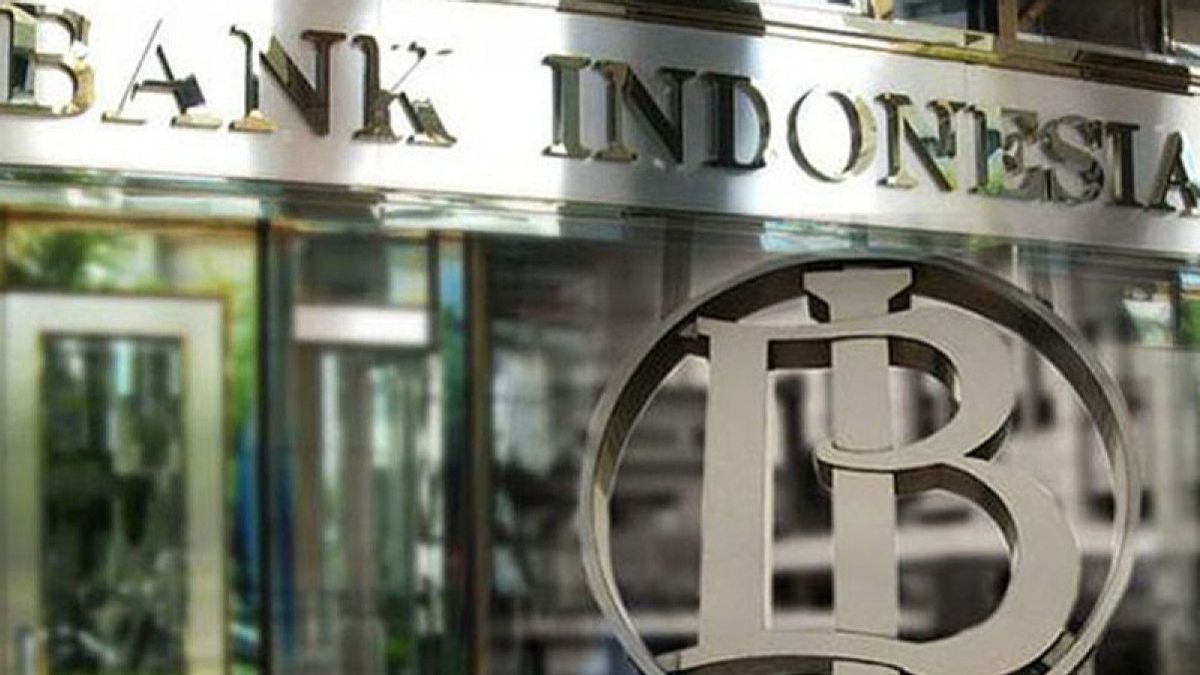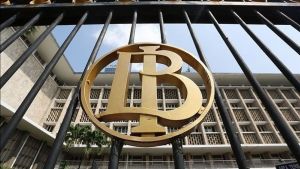JAKARTA - Macroeconomic Economist and Financial Market of the Institute for Economic and Community Research (LPEM FEB UI) Teuku Riefky assesses that Bank Indonesia (BI) will maintain the benchmark interest rate or BI Rate at the level of 6.25 percent at the meeting of the board of governors (RDG) on May 22, 2024.
According to him, after several months of great pressure on prices and exchange rates, Indonesia is currently in better condition.
This is thanks to the easing of El Nino and active intervention by the Government, general inflation has fallen to 3.00 on an annual basis or year on year (yoy) in April 2024 from the previous month of 3.05 percent (yoy).
Meanwhile, from the external side, indications of easing economic pressure in the United States (US), decreasing geopolitical tension, and the BI policy mix encourage the entry of capital flows and trigger stable rupiah exchange rates.
Considering these various aspects, it seems that there is no need for BI to change the policy interest rate in the upcoming RDG. We are of the view that BI needs to hold its benchmark interest rate at 6.25 percent in May 2024," said Riefky in a written statement, Tuesday, May 21.
Riefky said that the end of El Nino and the Government's active role in stabilizing food supply through imports had succeeded in reducing food prices and the overall inflation rate.
Furthermore, Riefky said, the decline in global uncertainty and various steps taken by BI were able to push capital flows into the domestic financial market which was able to strengthen and stabilize the Rupiah exchange rate.
"After BI decided to raise the policy interest rate last month, it seems that there is no urgency at this time to change the policy interest rate at the Next Board of Governors Meeting," he said.
However, Riefky sees the potential risk of inflation as still visible and must be properly mitigated. In addition, prolonged external pressure has weakened the rupiah in recent weeks and if this trend continues it could have a negative impact on domestic price levels through import inflation.
SEE ALSO:
In addition, Riefky said, another thing to watch out for is that several climate institutions estimate the potential for the La Nino phenomenon in the third quarter of 2024 which could have a negative impact on horticultural food production.
"Lose mitigation and food supply management are still needed until the remainder of 2024," he said.
The English, Chinese, Japanese, Arabic, and French versions are automatically generated by the AI. So there may still be inaccuracies in translating, please always see Indonesian as our main language. (system supported by DigitalSiber.id)
















